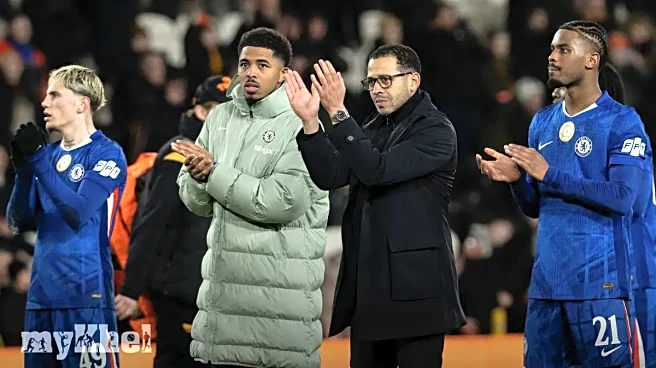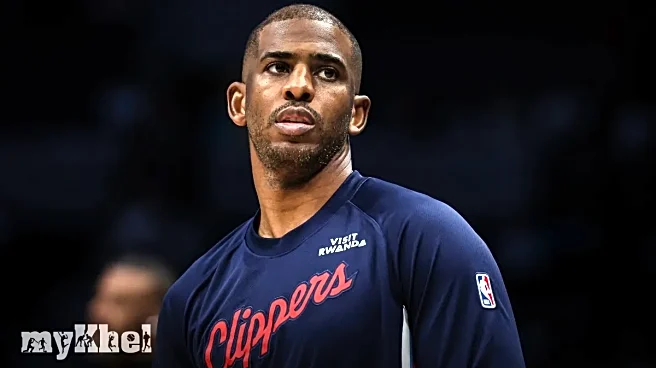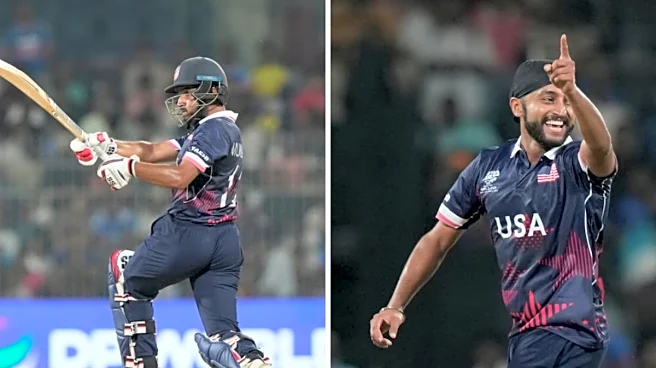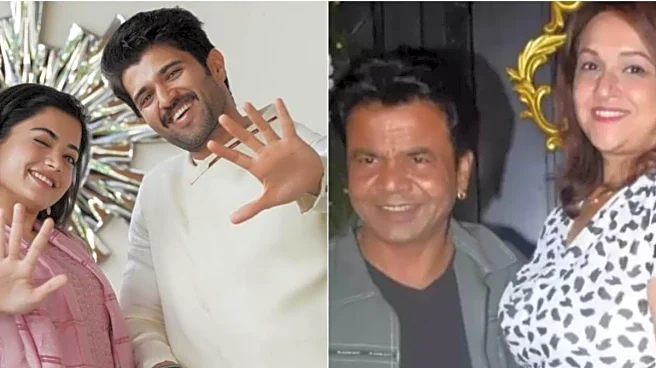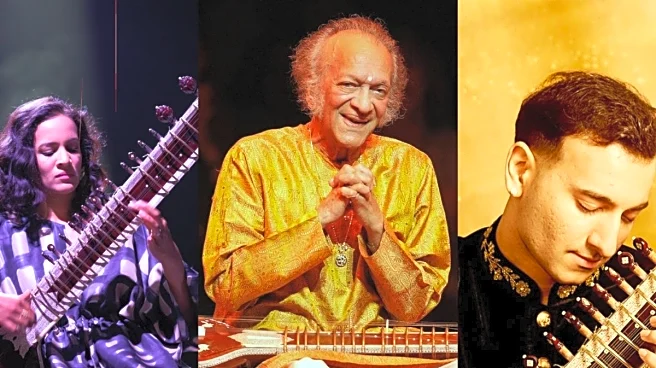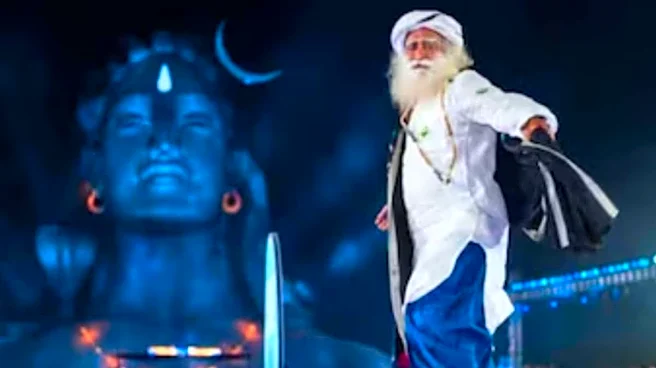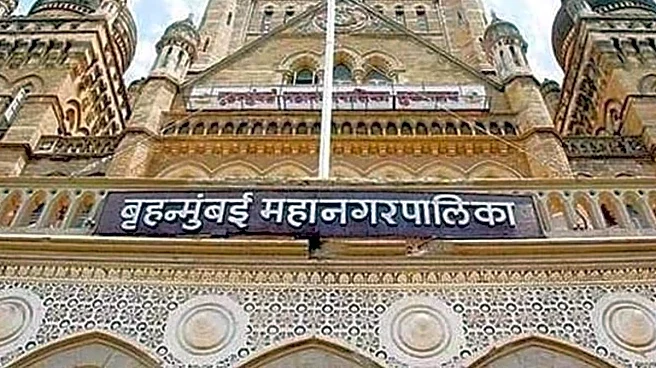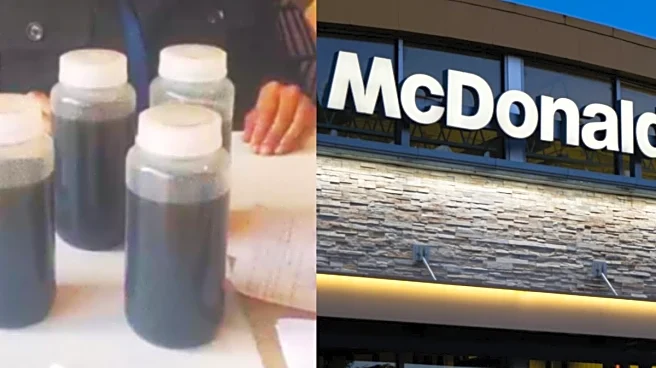What is the story about?
Nona Uppal’s Call It Coincidence is a love story that is equal parts tender, and equal parts complicated, with a heartbreakingly human touch. At twenty-five, Naina is every young woman looking for a job that doesn’t feel like punishment and is in search of a love that stays.
An accidental meeting with Vatsal, a charming law student interning in Delhi before heading to London, changes everything. Within days, they slip from strangers to friends, best friends, and then something that everyone around them can see, even if they can’t yet call it love.
But love stories rarely follow a straight line. A Diwali party, the brightest night of the year, becomes the darkest for Naina. Everything they’ve built shatters, and both of them fall out of touch for three long years. When fate (or coincidence?) brings them together again, Naina is cautious and scarred. What follows is not just a second-chance romance but an exploration of heartbreak, healing, and the courage it takes to trust love again.
Nona Uppal has a way with words that makes even the ordinary pulse with emotion. Her prose is immersive. She doesn’t just tell you what Naina feels; she lets you live inside her head. You feel Naina’s insecurities, her longing, her confusion, and her quiet strength. Through her eyes, Vatsal becomes the kind of man who’s flawed yet sincere. Well, men written by women always win; and Vatsal is no exception.
The supporting characters, especially Naina’s best friend and flatmate, Sarina along with her boyfriend, Nipun, deserve a special mention. They aren’t mere props in the background, not mere garnish, but seasoning for Naina’s story. Sarina, in particular, is written with such ease and realism that she feels like someone you’ve known all your life.
Plot-wise, Call It Coincidence doesn’t break new ground. It employs familiar tropes told in a way that feels fresh. The will-they-won’t-they dynamic between Naina and Vatsal is executed with patience and emotional nuance. The dual timeline, shifting between the present and three years ago, flows seamlessly, revealing just enough in each timeline to keep you invested without ever confusing you.
Readers who’ve read Fool Me Twice will catch the delightful Easter egg here. There is a subtle introduction of Sana and Pranav from Uppal’s earlier book. It’s a small touch, but one that makes Uppal’s fictional universe feel interconnected and alive.
If there’s one critique, it’s that Uppal’s gift with words sometimes becomes her indulgence. Her writing is evocative, but occasionally weighed down by over-description.
In the end, Call It Coincidence is not a grand, sweeping romance. It’s softer, more grounded, about two people who find their way back to each other. You might predict how it ends, but you’ll still find yourself tearing up just a little when it does.
Also Read: To My Dearest Self Review: A heart-wrenching, poetic journey of self-love and healing
An accidental meeting with Vatsal, a charming law student interning in Delhi before heading to London, changes everything. Within days, they slip from strangers to friends, best friends, and then something that everyone around them can see, even if they can’t yet call it love.
But love stories rarely follow a straight line. A Diwali party, the brightest night of the year, becomes the darkest for Naina. Everything they’ve built shatters, and both of them fall out of touch for three long years. When fate (or coincidence?) brings them together again, Naina is cautious and scarred. What follows is not just a second-chance romance but an exploration of heartbreak, healing, and the courage it takes to trust love again.
Nona Uppal has a way with words that makes even the ordinary pulse with emotion. Her prose is immersive. She doesn’t just tell you what Naina feels; she lets you live inside her head. You feel Naina’s insecurities, her longing, her confusion, and her quiet strength. Through her eyes, Vatsal becomes the kind of man who’s flawed yet sincere. Well, men written by women always win; and Vatsal is no exception.
The supporting characters, especially Naina’s best friend and flatmate, Sarina along with her boyfriend, Nipun, deserve a special mention. They aren’t mere props in the background, not mere garnish, but seasoning for Naina’s story. Sarina, in particular, is written with such ease and realism that she feels like someone you’ve known all your life.
Plot-wise, Call It Coincidence doesn’t break new ground. It employs familiar tropes told in a way that feels fresh. The will-they-won’t-they dynamic between Naina and Vatsal is executed with patience and emotional nuance. The dual timeline, shifting between the present and three years ago, flows seamlessly, revealing just enough in each timeline to keep you invested without ever confusing you.
Readers who’ve read Fool Me Twice will catch the delightful Easter egg here. There is a subtle introduction of Sana and Pranav from Uppal’s earlier book. It’s a small touch, but one that makes Uppal’s fictional universe feel interconnected and alive.
If there’s one critique, it’s that Uppal’s gift with words sometimes becomes her indulgence. Her writing is evocative, but occasionally weighed down by over-description.
In the end, Call It Coincidence is not a grand, sweeping romance. It’s softer, more grounded, about two people who find their way back to each other. You might predict how it ends, but you’ll still find yourself tearing up just a little when it does.
Also Read: To My Dearest Self Review: A heart-wrenching, poetic journey of self-love and healing
/images/ppid_59c68470-image-176217760135959207.webp)

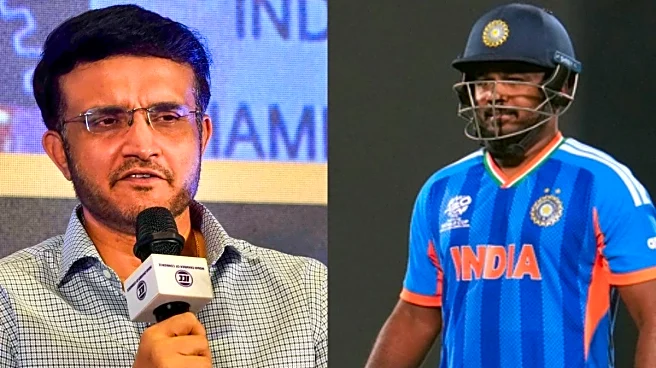
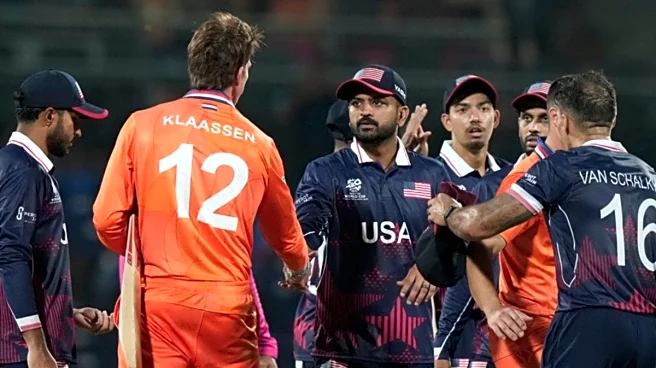
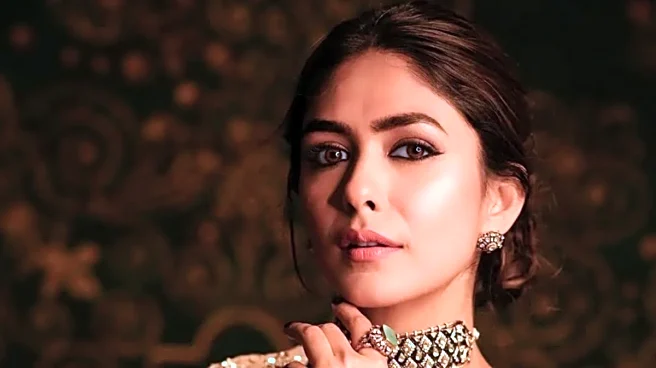
/images/ppid_a911dc6a-image-17710264327998831.webp)

/images/ppid_a911dc6a-image-177102646607765106.webp)
